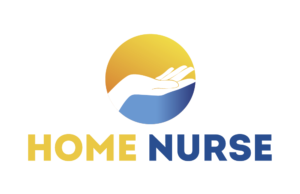A healthy diet is very important for good wound healing. Unhealthy food is counterproductive and disrupts healing. With a wound you use extra energy (calories), protein and sometimes extra vitamins and minerals. The body uses these substances to heal the wound. You also sometimes lose a lot of fluid through the exudate (fluid a wound can produce). To stimulate healing, you can compensate for these losses through your diet.
Nutrients
Which nutrients are important in wound healing?
- Proteins
When you have a wound it is important to get enough proteins. Proteins ensure the development of new tissue. High-protein foods include meat, chicken, egg, and dairy products.
- Vitamins
Several vitamins (A, B, C and E) are important in wound healing. A lack of a single vitamin can delay healing. Therefore, eat healthy and varied and stick to the daily recommended amounts, with alternating meat, fish and chicken and lots of vegetables and fruit.
- Minerals
Zinc and iron, among others, are essential minerals for wound healing. Zinc plays a role in wound healing. Iron is important for, among other things, the oxygen supply to the wound. Zinc is obtained from protein-rich foods. Iron can be found in spinach, whole-wheat bread and whole-wheat pasta.
- Calories
Healing a wound requires a lot of energy. Energy that you must replenish with a well-balanced diet.
- Fluids
A good fluid intake and balance is good for wound healing. Drink at least 1.5 liters of fluids to keep your body in good shape (unless your doctor prescribes otherwise).
